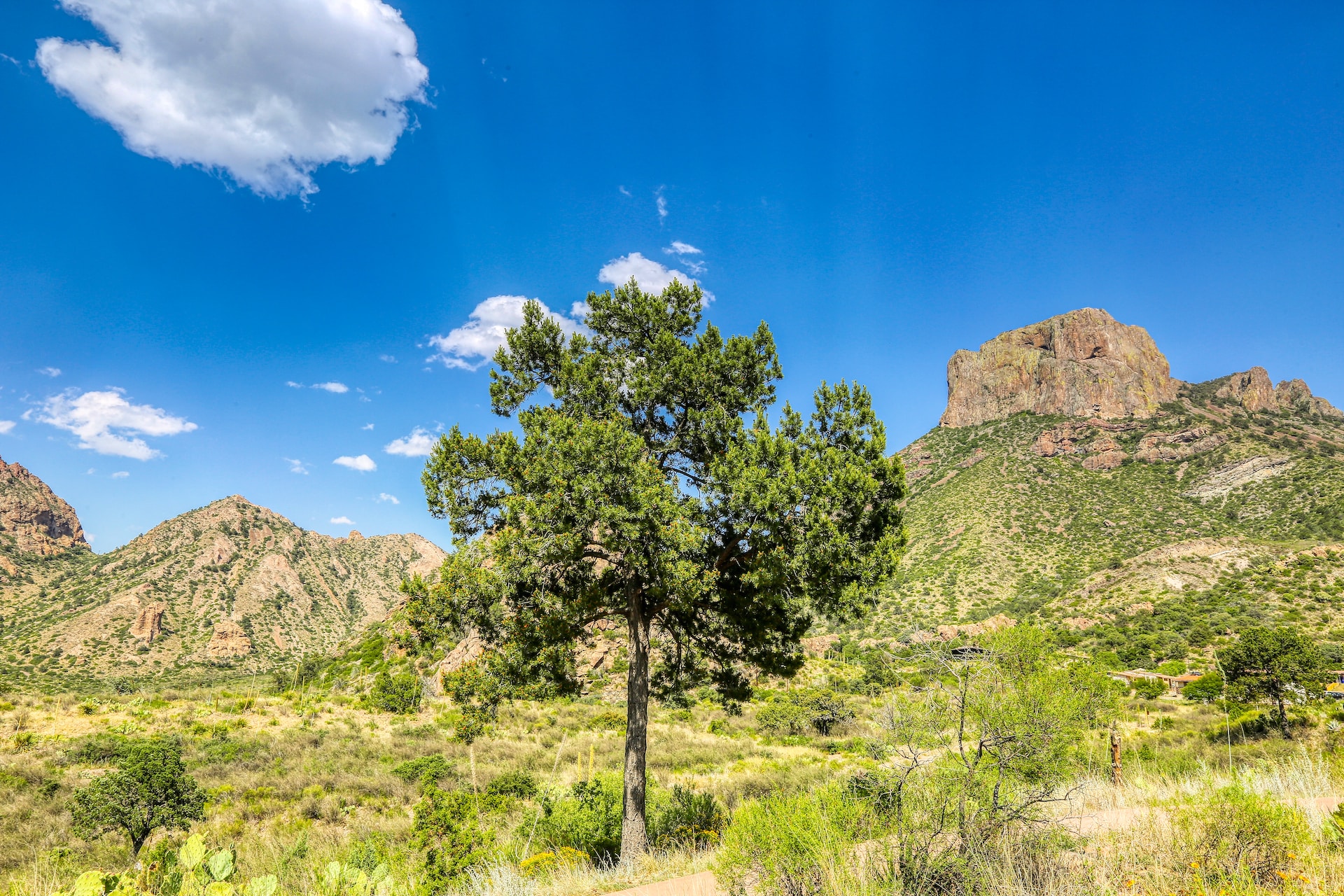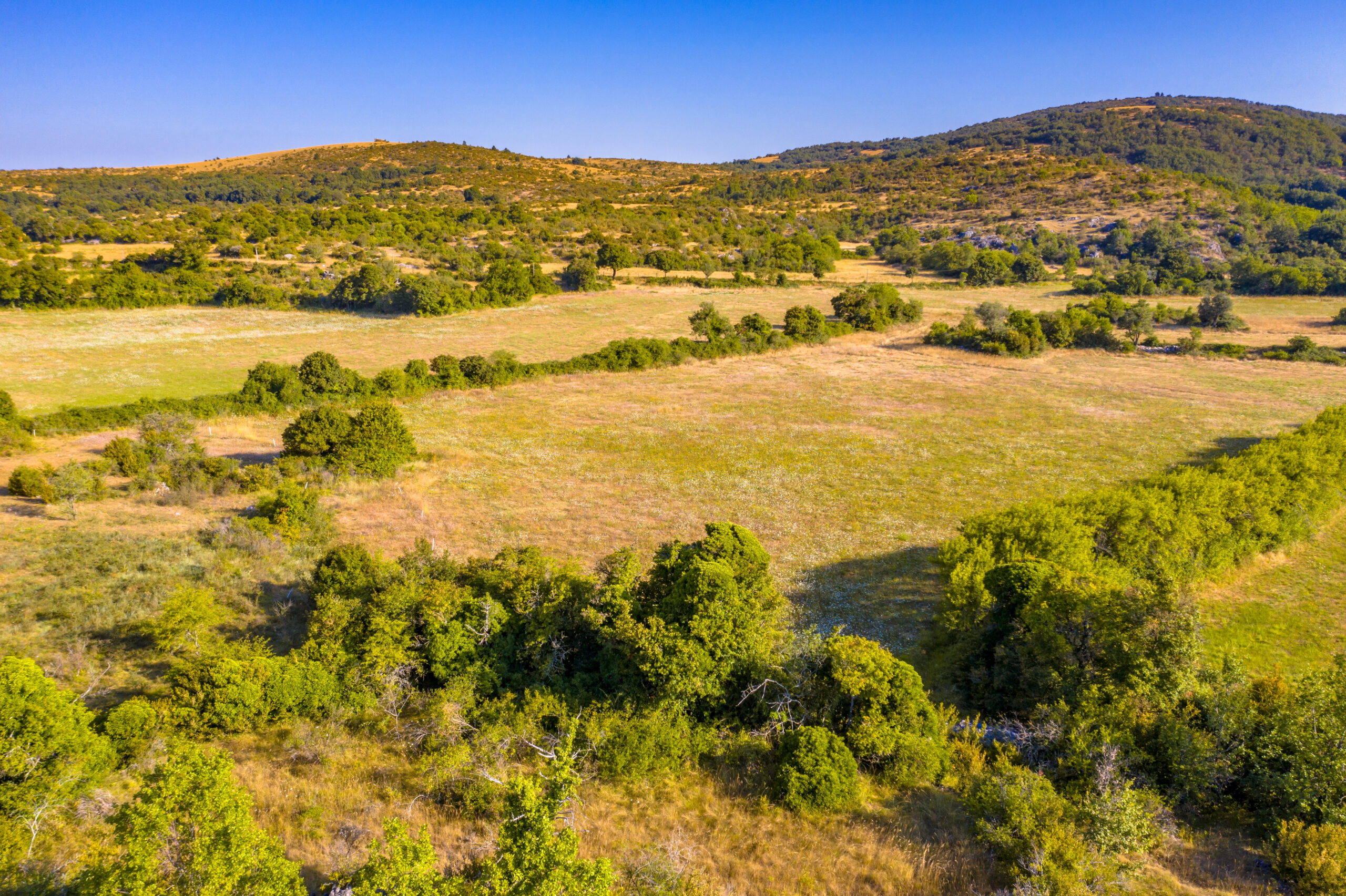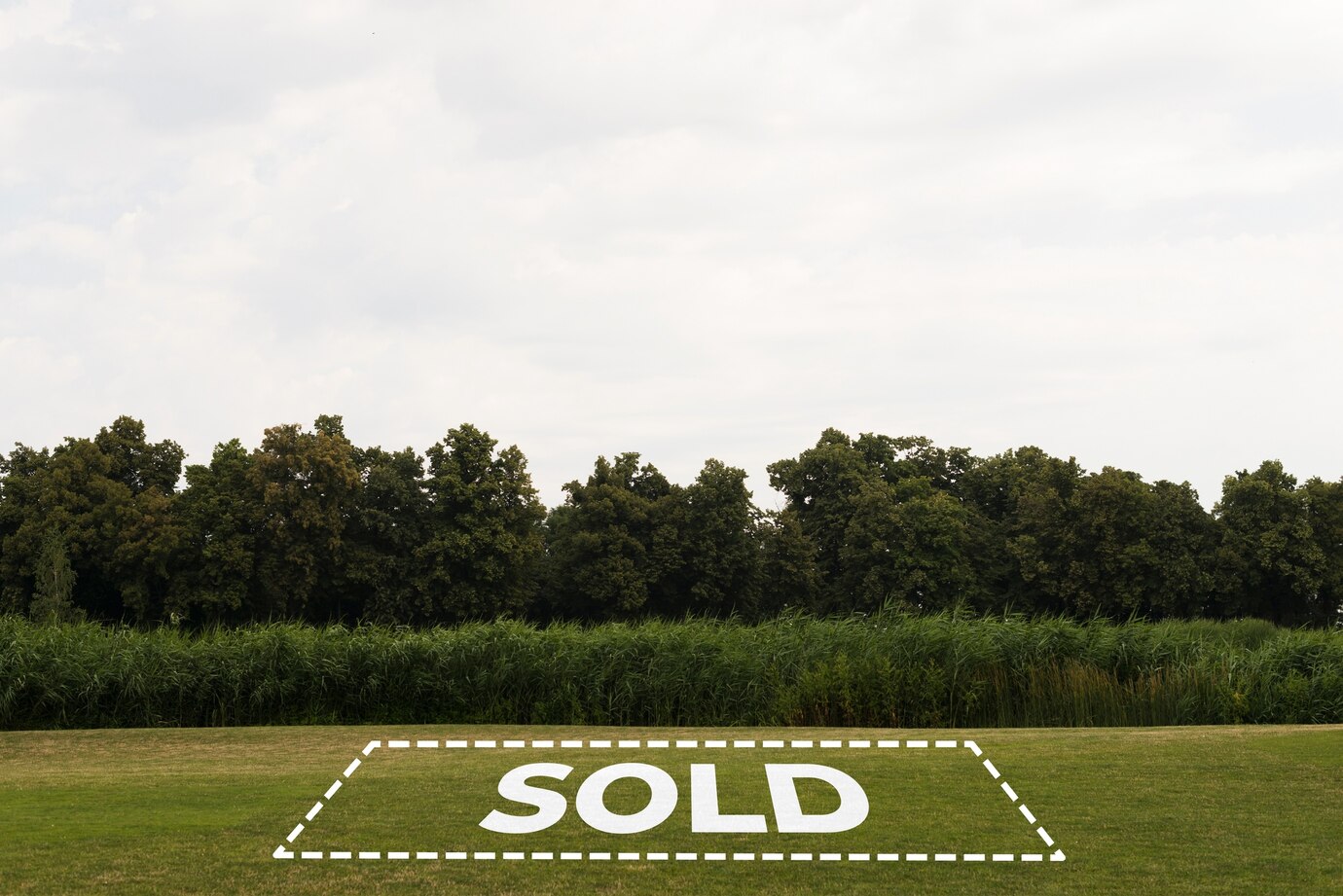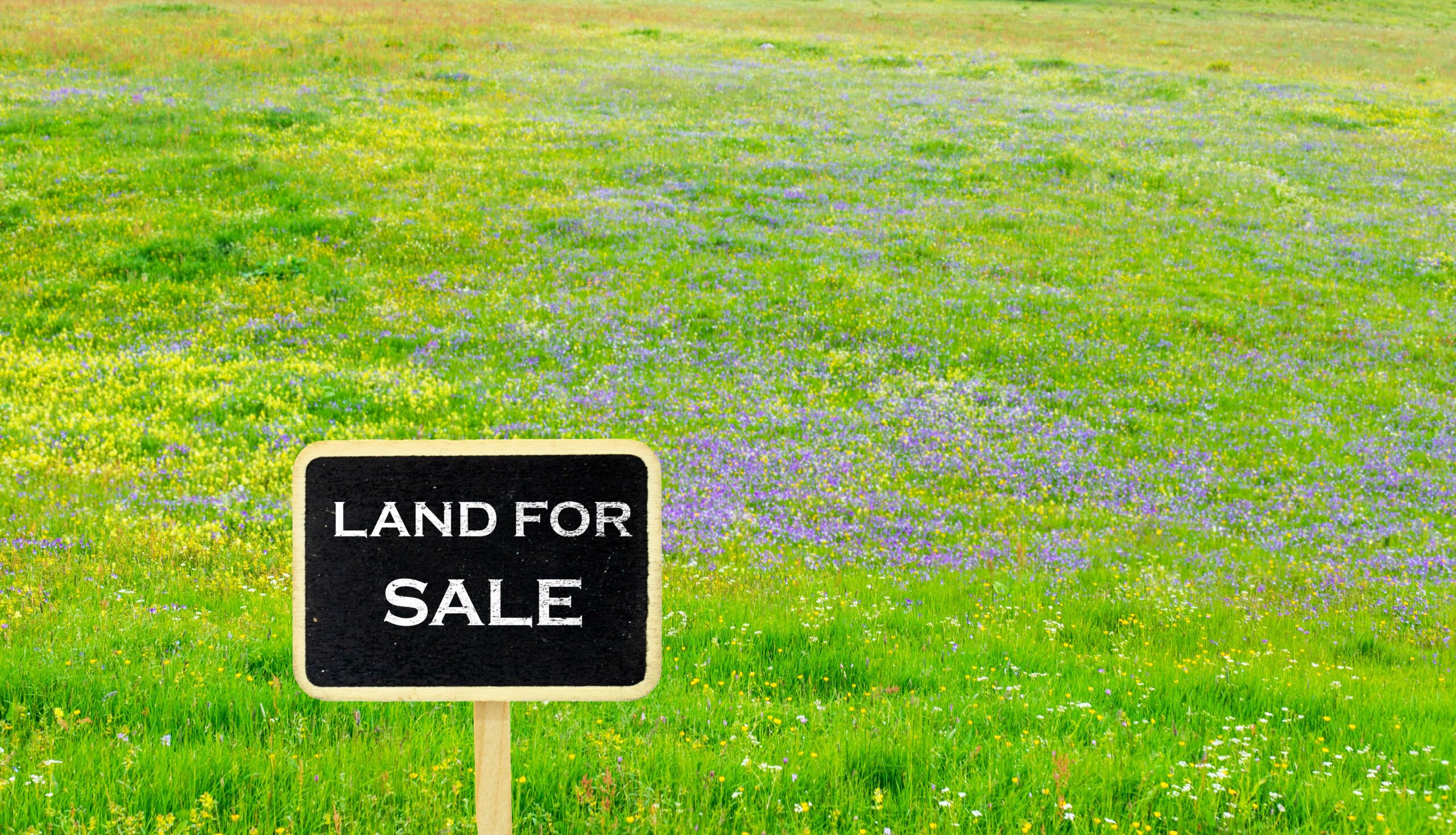When selling vacant land in Texas, various factors contribute to determining the property’s market value. Among these factors, the environmental aspects of your land play a crucial role in its overall worth, and can influence the interest of potential buyers.
In this informative guide, we will explore several environmental factors that can significantly affect the value of your vacant land in Texas. Some of such factors include soil quality, water resources, vegetation, and the presence of endangered species or wildlife habitats on the property. Familiarizing yourself with these elements can provide you with an understanding of how they impact your land’s value, and what measures you, as a seller, can undertake to address or mitigate any potential concerns.
Understanding the environmental factors specific to your vacant land is essential for a transparent selling process. These factors not only influence the property’s desirability among potential buyers but also determine the kind of land uses and developments that the parcel of land supports. Armed with the knowledge of the environmental aspects of your land, you’ll be well-prepared to make educated decisions that can ultimately contribute to a successful and profitable land-selling experience.
Soil Quality: Foundation for Value
One of the most critical environmental factors that can impact the value of your vacant land in Texas is soil quality. The type of soil on your property can significantly influence the potential uses and developments, ultimately affecting its market value. Here are a few elements of soil quality to consider:
1. Soil Texture: The texture of the soil – essentially, the proportion of sand, silt, and clay – determines various properties such as drainage, water retention, and nutrient availability. These factors can influence the potential for agriculture, construction, or other developments on your land.
2. Nutrient Content: The quality of the soil hinges largely on its nutrient content. Rich, fertile soil is generally more valuable, supporting a greater range of potential land uses.
3. Contamination: Any signs of soil contamination can negatively affect your property’s value, as potential cleanup costs and health concerns deter potential buyers. Assessing your land’s history and conducting soil tests can help detect any possible issues that may need addressing.
Water Resources: Vital Assets for Your Land
Water resources, such as lakes, rivers, or aquifers, can have a significant impact on the value of your vacant land. These water sources can be vital for various land uses, such as agriculture, livestock, and residential developments. Here are key aspects of water resources to consider:
1. Water Rights: Understanding the water rights associated with your property is essential, as it determines your ability to use water for irrigation, livestock, or other purposes. Owning land with reliable water rights can substantially increase its value and attract potential buyers.
2. Water Quality: The quality of water resources on your land plays a significant role in the property’s value. Potential buyers may be interested in using the water for irrigation, drinking, or other purposes, and ensuring the water is clean and safe is vital.
3. Flood Risk: While water resources can be beneficial, they can also pose risks if your land is prone to flooding. Assessing the flood risk of your property and taking appropriate measures to mitigate these risks can help protect your investment and maintain your land’s value.
Vegetation: A Green Advantage
The presence of vegetation on your vacant land can be both an asset and a liability, depending on the type, density, and overall impact on the property’s potential uses. Here are key points to consider when evaluating vegetation:
1. Native Plants: The presence of native vegetation on your property can prove advantageous, as these plants are typically well-adapted to the region’s climate, requiring less maintenance and resources. Additionally, native plants can provide important habitats for local wildlife.
2. Invasive Species: Invasive plant species, on the other hand, can negatively impact the value of your land. These plants can outcompete native species, disrupt ecosystems, and create additional management costs for potential buyers. Identifying and mitigating the presence of invasive species can effectively protect your property’s value.
3. Timber Value: For properties with significant stands of timber, the value of the wood can contribute to your overall land value. Assessing the current market rates for timber in Texas can help you determine the potential value of your land’s timber resources.
Endangered Species and Wildlife Habitats: Balancing Conservation and Development
The presence of endangered species or protected wildlife habitats on your property can significantly affect the potential uses and value of your vacant land. Understanding the legal guidelines and restrictions surrounding these factors is critical in determining the best approach for your land sale:
1. Endangered Species: The presence of endangered or threatened species on your property can result in limitations on land use and developments. Federal and state regulations protect these species and their habitats, so understanding these guidelines is essential to maintaining your land’s value and market appeal.
2. Wildlife Habitats: Protected wildlife habitats can also impact the development potential of your property. Balancing conservation efforts with land use objectives is crucial for preserving the value of your land while adhering to environmental stewardship principles.
Conclusion
Understanding the various environmental factors that impact the value of your vacant land in Texas is crucial for a successful and profitable land-selling experience. By taking soil quality, water resources, vegetation, and endangered species into account, you can make well-informed decisions that optimize your land’s marketability and potential uses. At Vacant Land Man, we’re committed to helping Texans sell their land easily and effectively, offering expert guidance throughout the selling process.
Are you ready to sell your vacant land in Texas or in need of assistance in understanding and addressing environmental factors that impact its value? As a local Texas company committed to helping Texans sell their land with ease, Vacant Land Man wants to equip you with the knowledge necessary to understand the environmental factors that may impact your property’s value, ensuring your land sale is a successful venture. Reach out to us today, and our expert team will be more than happy to guide you through every step of the process. Time is of the essence–call us now!




